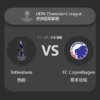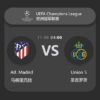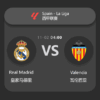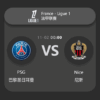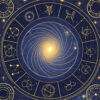In the small village of Fressin in northern France’s Pas-de-Calais region, locals gathered last Sunday for a one-of-a-kind summer celebration centered around an unlikely star: a cow named Victoire, whose sole task was to defecate on a grass field marked with numbered squares. The exact “landing spot” would determine the winner of the village’s first-ever “cow dung lottery” (lotto bouse).
A French Village Bets Big on the “Organic Cow Dung Lottery”
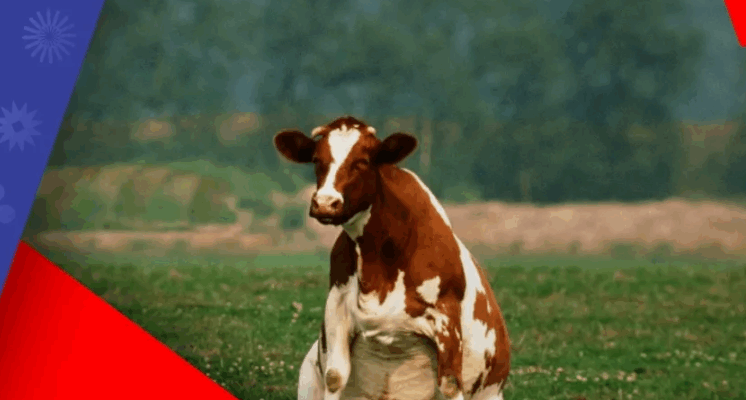
In Rural France, a Cow Named Victoire Decides the Winner
In the small village of Fressin in northern France’s Pas-de-Calais region, locals gathered last Sunday for a one-of-a-kind summer celebration centered around an unlikely star: a cow named Victoire, whose sole task was to defecate on a grass field marked with numbered squares. The exact “landing spot” would determine the winner of the village’s first-ever “cow dung lottery” (lotto bouse).
“It was a beautiful day,” said one volunteer from the organizing association. “We brought Victoire to the village grounds. People bought squares, and the prize depends on where she ‘goes.’”
The premise is simple and absurd. On a 500-square-meter lawn behind a medieval château, 500 squares were painted in white. Tickets were sold at €3 each, with bundle deals: 4 squares for €10 or 10 for €20. Participants could place bets on multiple squares. Once Victoire was released onto the field, the entire village watched in suspense.
High Stakes, Slow Pace: Betting in Sync with Nature
The quirky event drew a mix of curious tourists and locals to the town of under 600 residents.
“Some had heard about the château before,” a volunteer explained, “but many came just for the event. That’s the point: to attract people who wouldn’t usually visit heritage sites.”
To keep the crowd entertained while nature took its course, organizers arranged trivia games, mini competitions, and medieval-themed performances. A few goats kept Victoire company, and volunteers dressed in costumes matching the château’s historic atmosphere.
“Sometimes the wait can be long,” the volunteer said, “so we planned a lot of games and challenges to pass the time.”
While the “cow dung lottery” may sound unique, similar events have appeared in rural communities across France—and even worldwide. What made Fressin’s version special was the historic setting and its unexpectedly high turnout. The tickets nearly sold out.
“People were already saying, ‘Next year I’m picking square B2,’” one volunteer added. “So I can safely say—we’ll be doing this again.”
From Barnyard to Blockchain
While Fressin’s event stayed firmly in the realm of wholesome community fun, the world of betting has a much darker edge elsewhere—particularly in crypto-based prediction markets like Polymarket.
There, users place real-money bets on global events: natural disasters, elections—even wars.
One of this summer’s most active markets: “Will Israel and Hamas agree to a ceasefire before August 15?” With over $2 million in wagers. Another: “Will Thailand strike Cambodia by Friday?” is trending at 99% probability with a $9 million trade volume. The largest bet on the site is: “Will Russia and Ukraine reach a ceasefire in 2025?”—with over $13 million wagered.
Local Charm, Serious Rules
Back in Fressin, the stakes are far smaller—but arguably more meaningful.
“Everything is run by volunteers,” said an organizer, “but we take it seriously. For example, if the cow dung lands between two squares, a jury makes the final call. If the cow doesn’t move for a long time, we have a backup: a random draw.”





